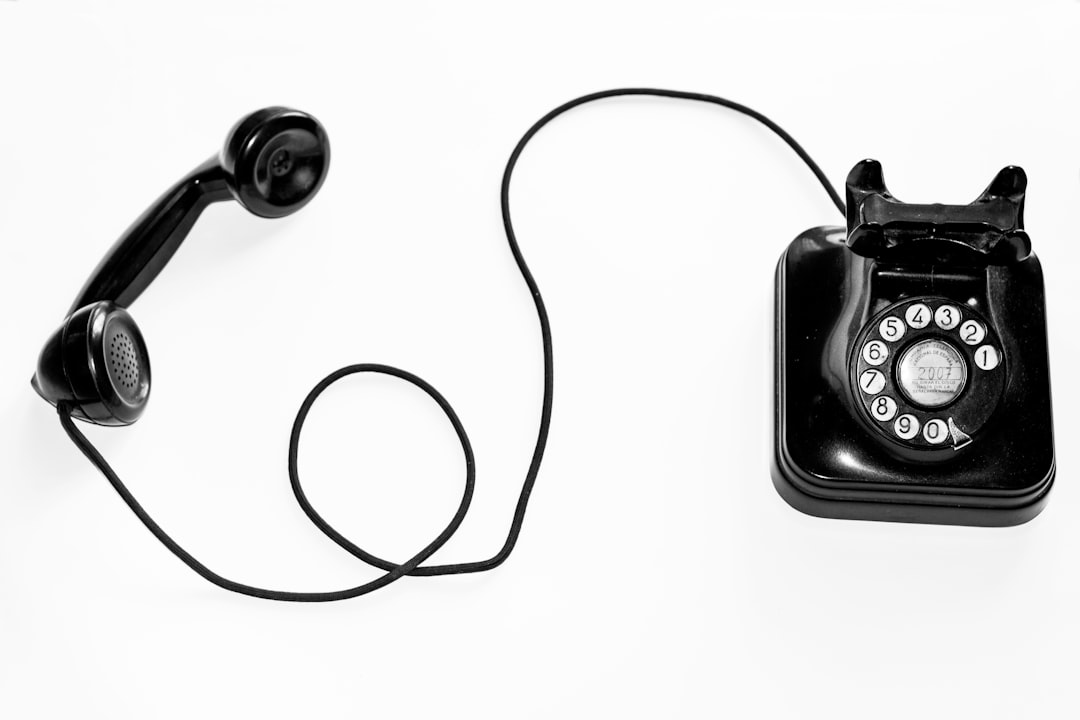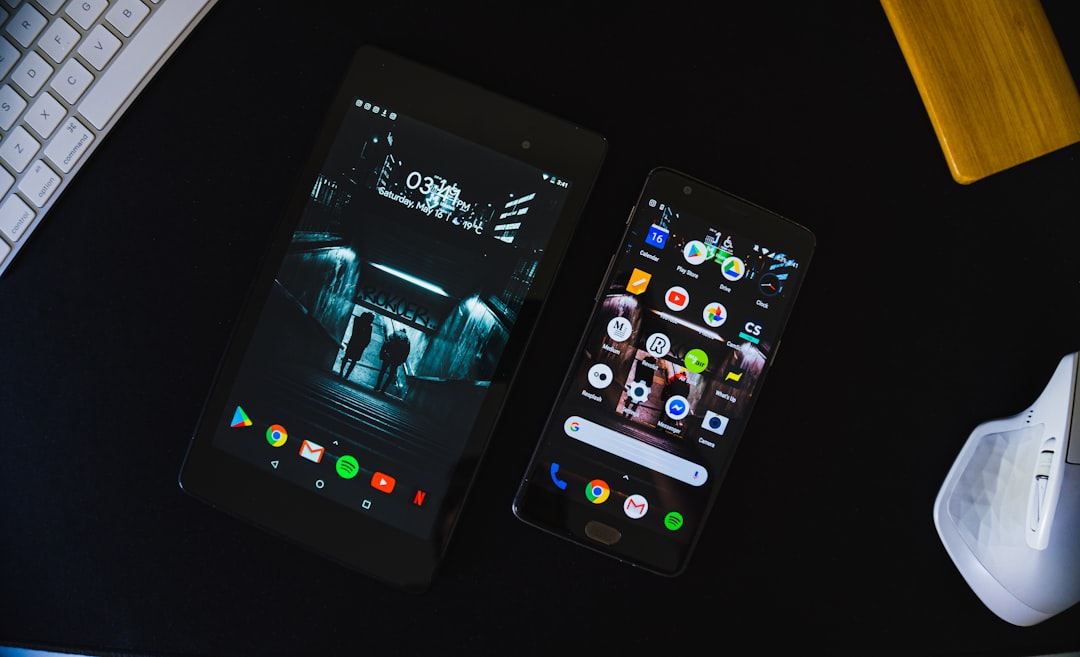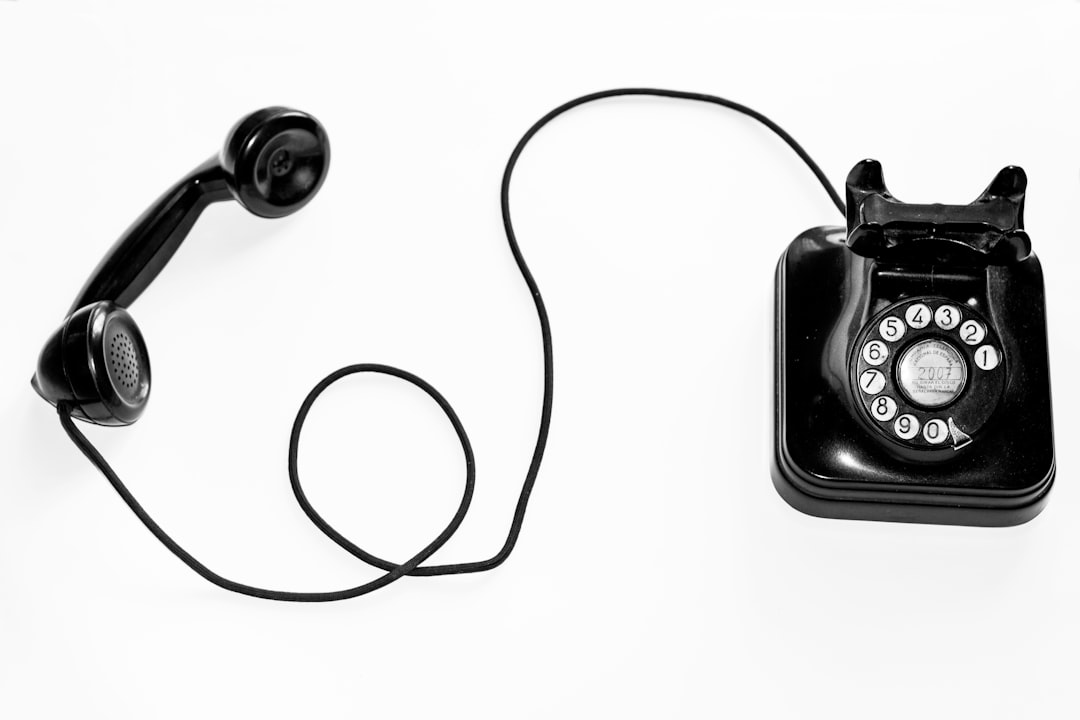Robocalls are a significant issue in Louisiana, impacting individuals and communities. Laws like TCPA exist to protect against automated calls, but loopholes persist. Monroe, LA telecoms use advanced tech like STIR, SHA, AI, and machine learning to combat robocalls. Residents have legal options, including suing for robocalls under TCPA, to protect their privacy and receive compensation. Understanding these solutions is key to addressing the growing problem of nuisance calls in Louisiana.
In Monroe, Louisiana, the prevalence of robocalls has become a growing concern, impacting residents with unwanted automated calls. This article delves into the complex issue, exploring strategies to mitigate and prevent these intrusive messages. We examine legal loopholes and consumer protection measures in place, while highlighting the critical role of telecom companies and advanced technologies in combating robocallers. Additionally, we discuss the rights of Monroe consumers to sue for robocalls, providing insights on navigating Louisiana’s legal landscape.
Understanding Robocalls and Their Impact in Louisiana

Robocalls have become a pervasive problem in Louisiana, with millions of unwanted calls flooding residents’ phones daily. These automated phone calls, often used for marketing or fraudulent purposes, can be particularly intrusive and harmful. In Monroe, as in many parts of Louisiana, robocalls disrupt not just individual peace of mind but also contribute to a broader sense of community annoyance.
The impact of robocalls extends beyond mere irritation. They can lead to financial losses, especially when residents fall victim to phishing schemes or illegal activities. Understanding the severity of this issue is crucial, and it’s worth noting that Louisiana residents may have legal recourse if they feel their rights have been violated by unsolicited calls. For instance, knowing whether you can sue for robocalls in Louisiana might encourage more proactive measures to combat this growing problem.
Legal Loopholes and Consumer Protection Measures
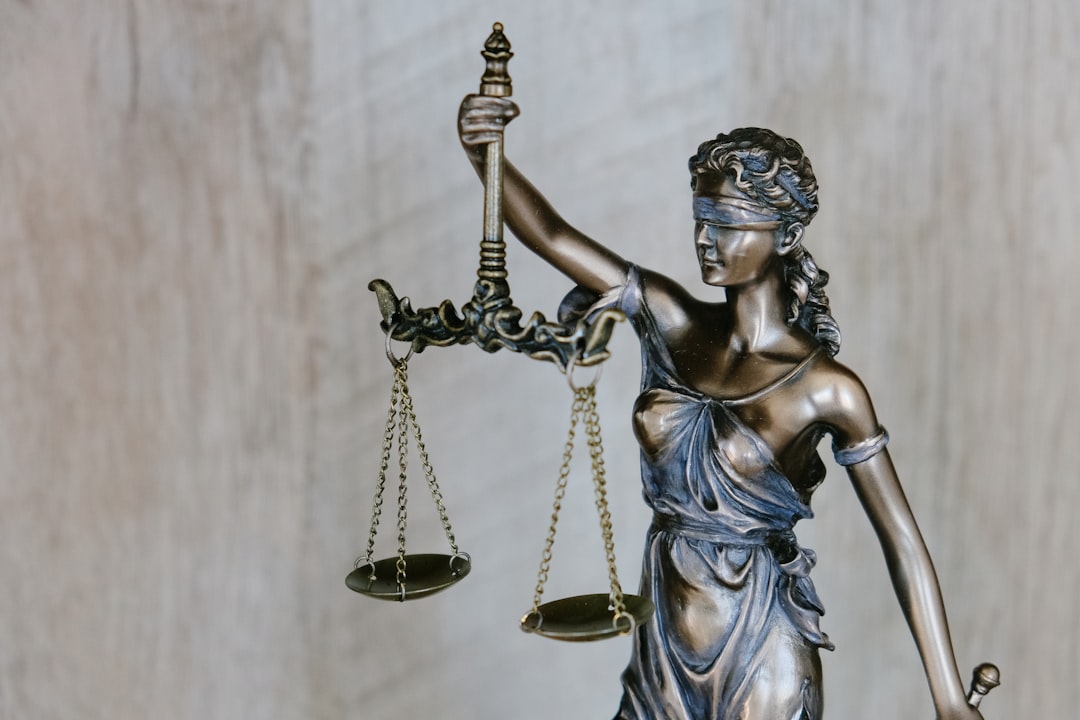
In the battle against robocalls, legal loopholes often create obstacles for consumers in Monroe, Louisiana. Despite stringent laws like the Telephone Consumer Protection Act (TCPA), which prohibits automated calls without prior consent, certain companies exploit grey areas to make unsolicited calls. One of the key issues is that while the TCPA holds call recipients liable, it’s challenging to hold service providers accountable due to a lack of clear legal frameworks. This loophole allows robocallers to operate with impunity, causing frustration and financial loss for many Louisiana residents.
To strengthen consumer protection, efforts are underway to close these loopholes. One approach is to enhance regulations targeting voice service providers who facilitate automated calls. Consumers in Monroe have the right to seek legal recourse if they believe they’ve been wronged by such practices. For instance, individuals who can prove that they suffered financial harm or experienced a severe invasion of privacy due to robocalls may be eligible to file a lawsuit under the TCPA, including seeking damages and blocking future calls from the offending party.
The Role of Telecom Companies in Anti-Robocall Efforts
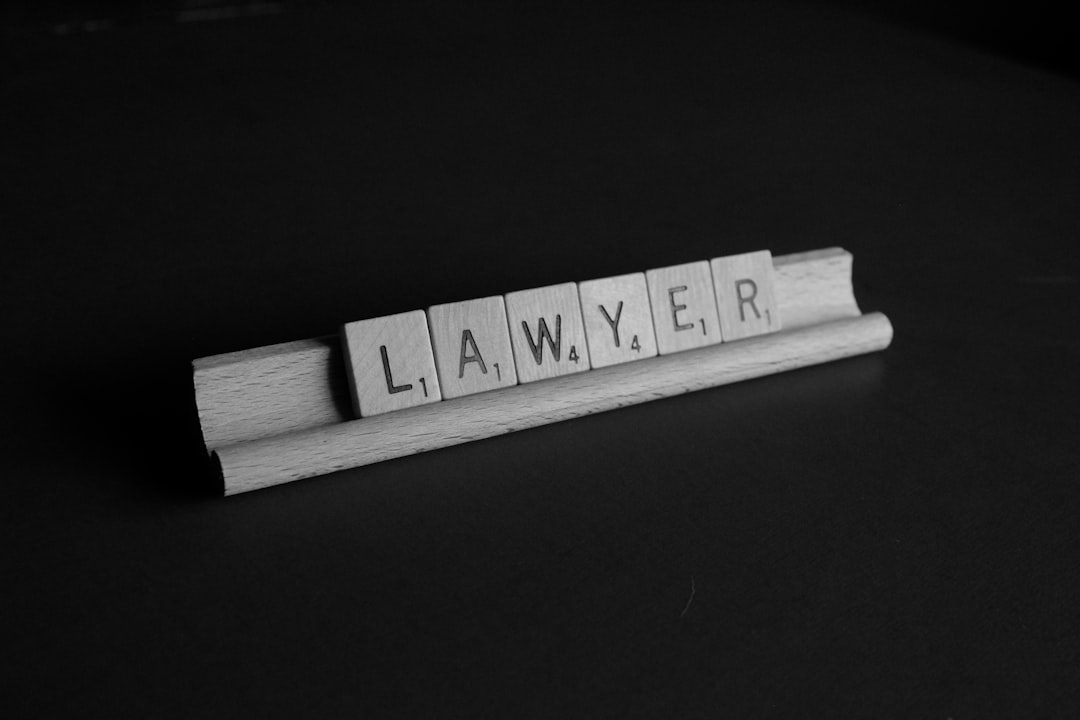
Telecom companies play a pivotal role in combating robocalls, which have become a significant nuisance for many residents in Monroe, Louisiana. These providers are at the forefront of implementing anti-robocall measures to protect their customers from unsolicited and unwanted calls. One effective strategy is using advanced call authentication protocols like STIR (Secure Telephony Identity Requirements) and SHA (Secure Hash Algorithm). By verifying the identity of incoming calls, telecoms can filter out suspicious activity, thus reducing the volume of robocalls reaching consumers.
Additionally, these companies actively collaborate with regulatory bodies and industry peers to share intelligence on known robocall patterns and sources. This collaborative approach enables them to swiftly take action against malicious actors. Moreover, many Louisiana telecoms offer call-blocking features within their mobile plans, empowering customers to take control of their phone lines. Understanding the legal rights regarding robocalls, as outlined by the Telephone Consumer Protection Act (TCPA), can also be a powerful tool for consumers considering legal action, such as suing for robocalls in Louisiana.
Advanced Technologies for Robocall Detection and Prevention

In the relentless battle against robocalls, voice service providers are armed with advanced technologies to detect and prevent these nuisance calls in Monroe, Louisiana. One powerful tool is AI-driven call analysis, which can identify patterns and characteristics of robocalls, allowing for swift action. Machine learning algorithms can adapt and improve over time, recognizing new tactics used by scammers. Additionally, dynamic number blocking systems are employed, where numbers associated with spam or fraudulent activities are identified and blocked at the network level, thus preventing them from reaching consumers’ phones.
These technological advancements, coupled with robust legal frameworks, empower residents to take action if they have been affected by robocalls. In Louisiana, consumers have certain rights and remedies under state and federal laws, including the Telephone Consumer Protection Act (TCPA), which makes it illegal for businesses to make unwanted automated calls. If a person believes they can sue for robocalls in Louisiana, they may be entitled to damages, including monetary compensation for each violation, so it’s crucial to understand these legal options alongside the cutting-edge technological solutions being deployed by voice service providers.
Suing for Robocalls: A Consumer's Right in Monroe

In Monroe, consumers have a legal right to take action against unwanted robocalls. Suing for robocalls is an option available to residents of Louisiana who have been harassed or disturbed by automated phone calls. These calls, often marketing-related, are illegal if they violate state laws and consumer privacy rights.
If a person believes they have received a robocall in Monroe, they can file a complaint with the Federal Trade Commission (FTC) or take legal action against the caller. The FTC provides resources to help consumers understand their rights and track down perpetrators. By suing for robocalls, Louisiana residents can hold companies accountable and potentially receive compensation for their distress.


